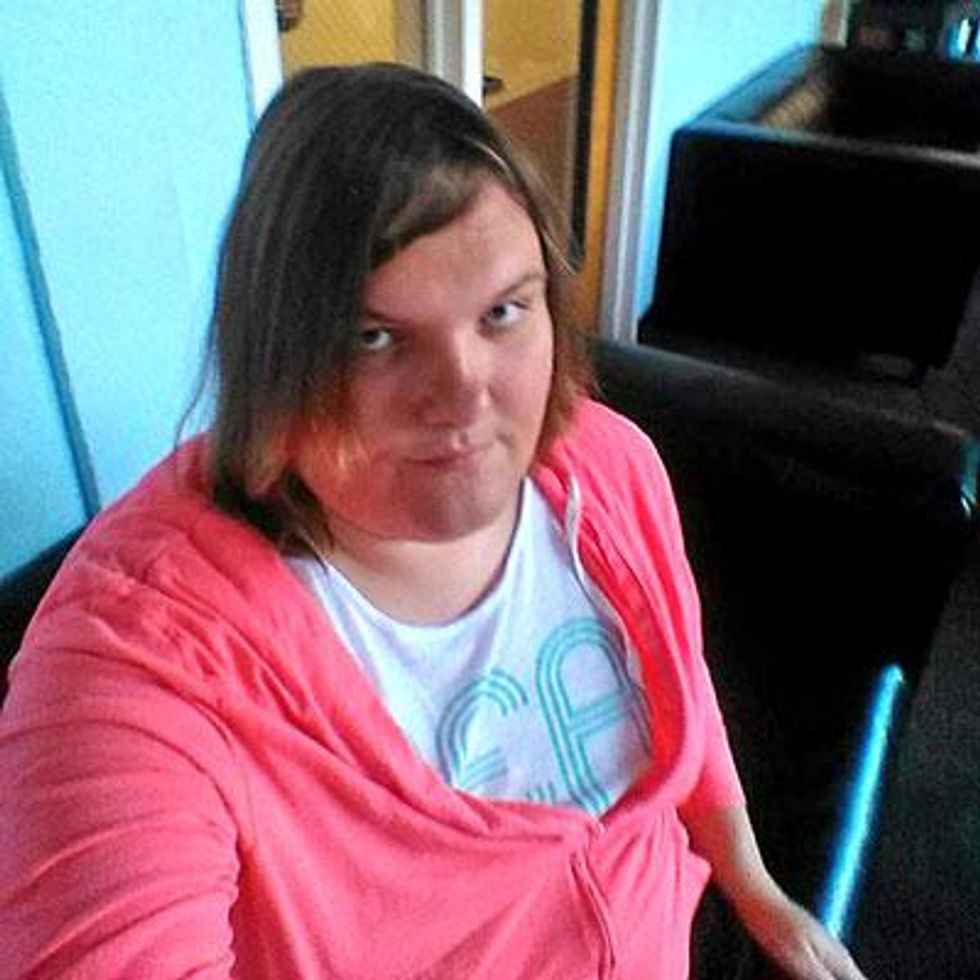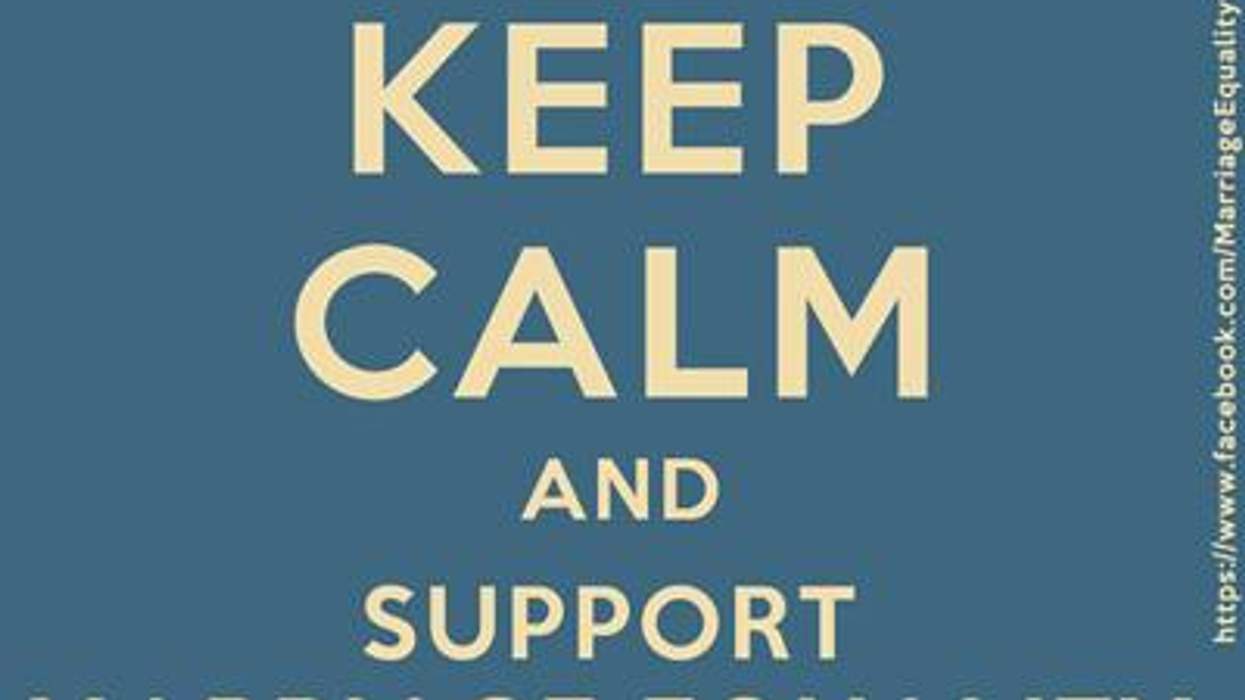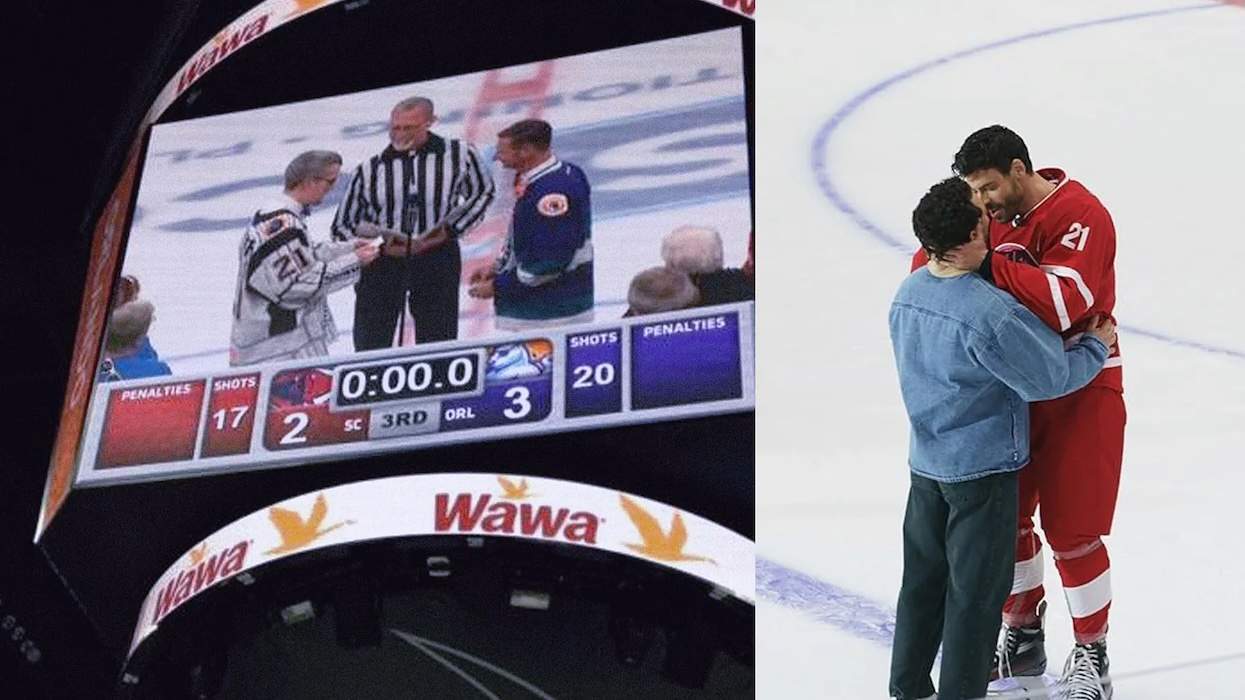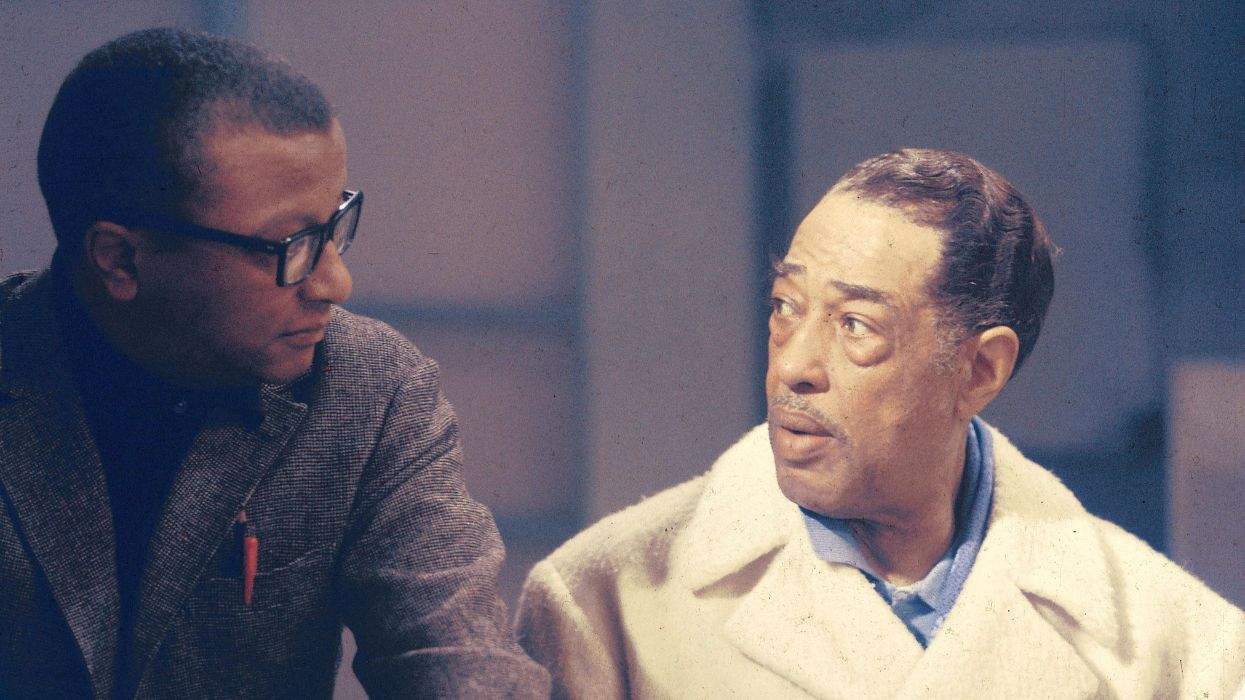In my time as an LGBT rights activist, I have never really focused on marriage. I felt that, particularly as a disabled trans woman, there were more important things to be done and heavier institutional oppressions to address. Then I started dating Jessica.
Jessica, my partner, is a trans woman living in Oregon who, like me, receives disability benefits. And while I still do not wish for marriage equality to be at the center of the LGBT or disability rights movement, being with her has put marriage on my mind. Even before the Supreme Court ruled in favor of nationwide marriage equality, I kept getting stuck on one fact: Even if Jessica and I can legally marry, we really don't have the option to.
That is, we don't have the option unless we want to risk losing the disability benfefits that sustain our survival.
I began to realize this at the tail end of 2013. Jessica friended me on Facebook, thanks in part to another transgender activist. I did not take much notice until New Year's Eve, just when I was about to head out of Philly for a few days. She volunteered the information that she, like me, had Asperger's, so later that night when I was drinking some microbrews in a motel room, counting down the hours and minutes until 2014, we got deeper into conversation, and we hit it off.
Now, almost 18 months later, "Jordessica" is still going strong, despite her being a little bit country and me being a little bit rock-and-roll. Not to mention the fact that we're in different stages of gender transition, that our relationship is long-distance, and that we've suffered near-suicide attempts, my stint of homelessness, and a transcontinental move to California that happened because I ran out of options. She is my soul mate and best friend, and I hope that we can one day have our own apartment and grow old together on the West Coast. We consider ourselves spiritually married, though it would be practical if we were able to be civilly married too.
However, various forms of disability benefits that we have between us put a constraint on the possibility of our legal marriage. For Supplemental Security Income, the total benefits between two individuals are automatically reduced 25 percent upon marrying, and if only one is receiving SSI and the other has more income, "deeming" -- or as I call it, the "sugar daddy provision" -- comes into play. Deeming assumes that a person who receives SSI and is married to a person with significant income or resources will be taken care of, and thus the benefits will be reduced or eliminated for the SSI recipient, no matter how much the richer spouse keeps their resources separate.
For Social Security Disability, marriage does not affect benefits, except for those who are in the Disabled Adult Child program, which provides assistance for those who don't have a significant work record and were disabled before age 22, but have a parent who is retired or deceased and has a long work record. One of the stipulations of being in this program is that the individual cannot marry on pain of complete loss of benefits. A similar rule exists for VA Disability and Indemnity Compensation benefits as well, and marriage can mean a concomitant effect on other nonmonetary benefits such as Medicaid and food stamps.
Sounds convoluted? Well, this is what happens in our society's overly complicated and fragmented social safety net. And these are considerations that invisibly effect thousands of aspiring same-sex spouses daily.
The best solution to this issue, as I see it, would be for the federal government to establish single-payer healthcare (to obviate the need for Medicaid) and a basic living income for seniors and those with disabilities, regardless of work history or marital status and not tested on the basis of means or assets (to reduce the need for food stamps and other means-tested programs).
There are other solutions being discussed online, in such places as the Marriage Equality for People With Disabilities Facebook page. Leading trans and disabled activist and filmmaker Dominick Evans has created an informative video of him speaking on these issues at a Cincinnati marriage equality rally. As he puts it:
"When we get marriage equality, some people in our community will not be able to get married anyway -- and that's people with disabilities. While people with disabilities can technically get married, we really don't have a choice because there are so many barriers placed in front of us that keep us from marrying the people we love. Gay or straight, people with disabilities are fighting the same battle."
As Evans points out, these barriers to marriage for people on disability programs aren't LGBT-specific. But as Audre Lorde once said, "we do not live single-issue lives." Indeed, neither Jessica nor myself live single-issue lives, and there are LGBT people who are being left behind in the marriage equality movement. We need to keep sight of this in the midst of the excitement over the Supreme Court ruling.
Sadly, because of a culture of respectability politics and antipathy to "welfare," the movement for marriage equality for people with disabilities still faces an uphill climb, but these issues are necessary and part of a bigger conversation about health care and benefits that affects everyone. To get to the top of that hill, all LGBT people must have solidarity with different groups whose identities they don't share, and to center the voices of those with multiple marginalizations -- including trans lesbians with disabilities, like Jessica and me.
After all, while she and I may not ever be able to work, we are more than our ability to contribute to the economy. Rather than being turned into inspiration porn, we deserve to have health care, housing, and income security to meet our basic needs, with enough left over for trips out to the Pacific Coast to enjoy the sunset together as two happily married women.
















Charlie Kirk DID say stoning gay people was the 'perfect law' — and these other heinous quotes
These are some of his worst comments about LGBTQ+ people made by Charlie Kirk.